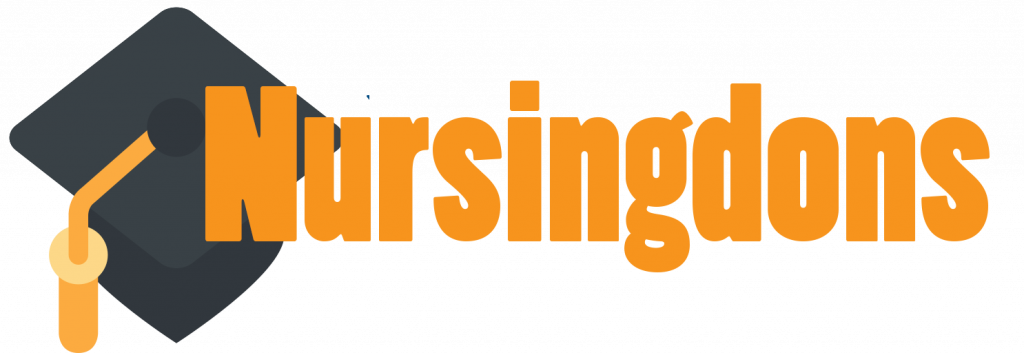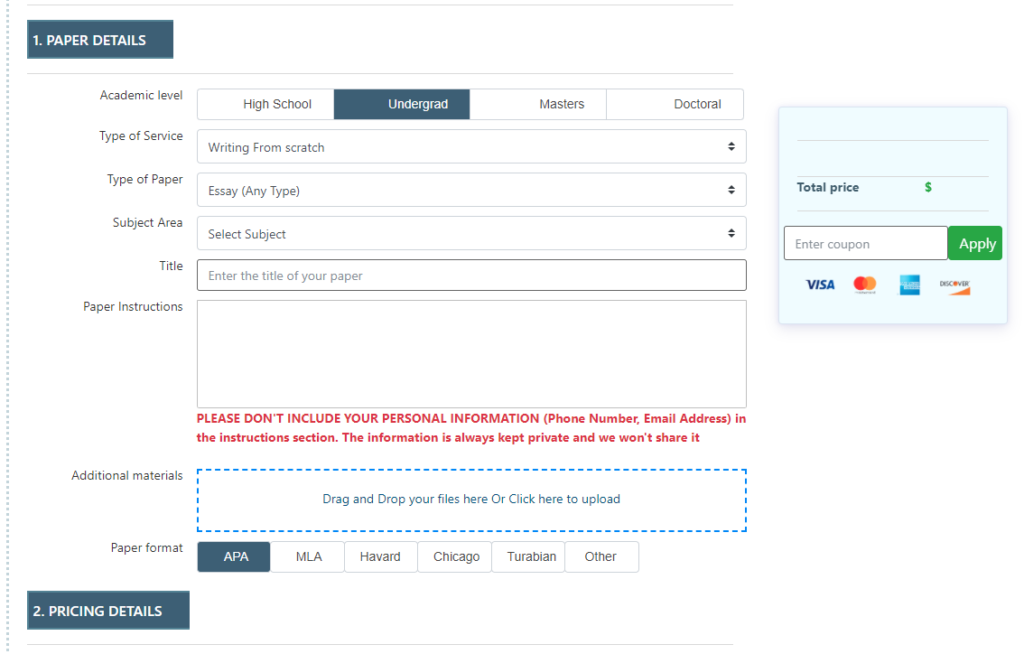1. describe the vascular and nervous pathways that are involved in the control of secretion of pituitary hormones.
2. describe the main causes of pituitary dysfunction and the methods used to evaluate normal/ abnormal hormone secretion- hormonal levels, feedback control and ‘pituitary function’ tests used in the clinic.
3. outline the regulation of the posterior pituitary hormones, antidiuretic hormones (ADH, or vasopressin) and oxytocin and summarise their actions.
4. outline control of the secretion of theanterior pituitary hormones and respective hypothalamic releasing hormones-
(a) ACTH/ CRH,
(b) TSH/TRH,
(c) gonadotrophins (LH and FSH)/ GnRH
(d) growth hormone/ GHRH and somatostatin
(e) prolactin/ dopamine.
5. Describe the structure of the adrenal gland and how this relates to hormone synthesis and secretion from the adrenal medulla and cortex.
6. Outline the process of adrenal steroidogenesis in humans (zone- specific steroidogenesis)
7. Describe the regulation of cortisol secretion via ACTH, CRH and antidiuretic hormone (ADH, or Vasopressin)- steroid feedback and effects of stress stimuli and circadian control.
8. Outline how steroid hormones act at target cells.








